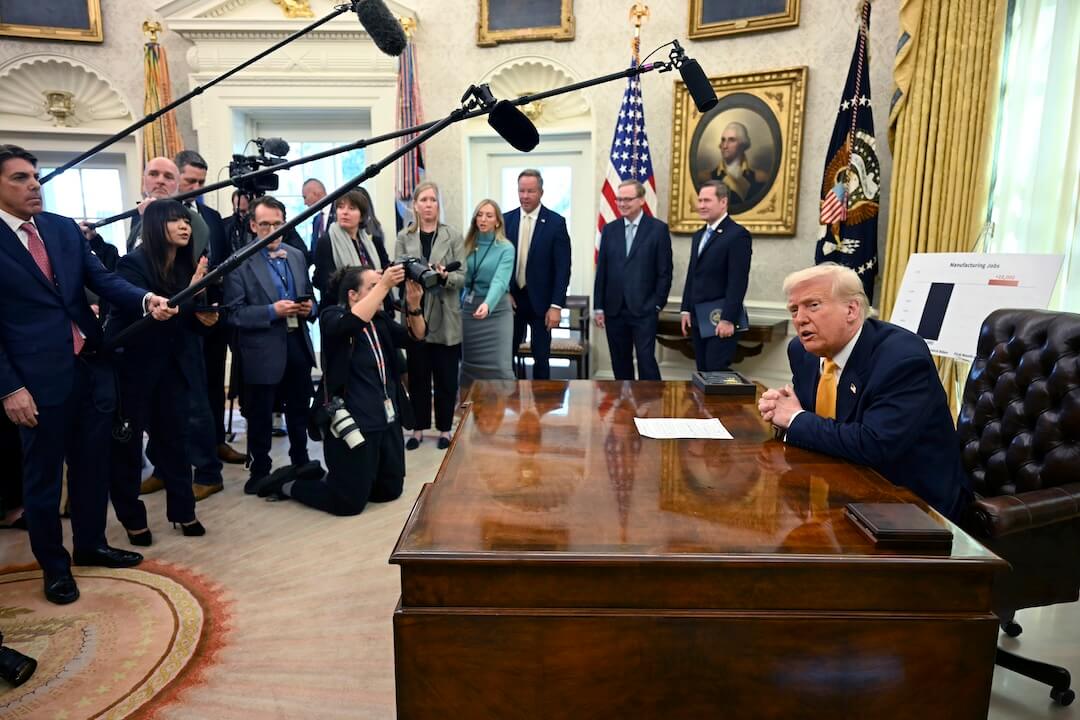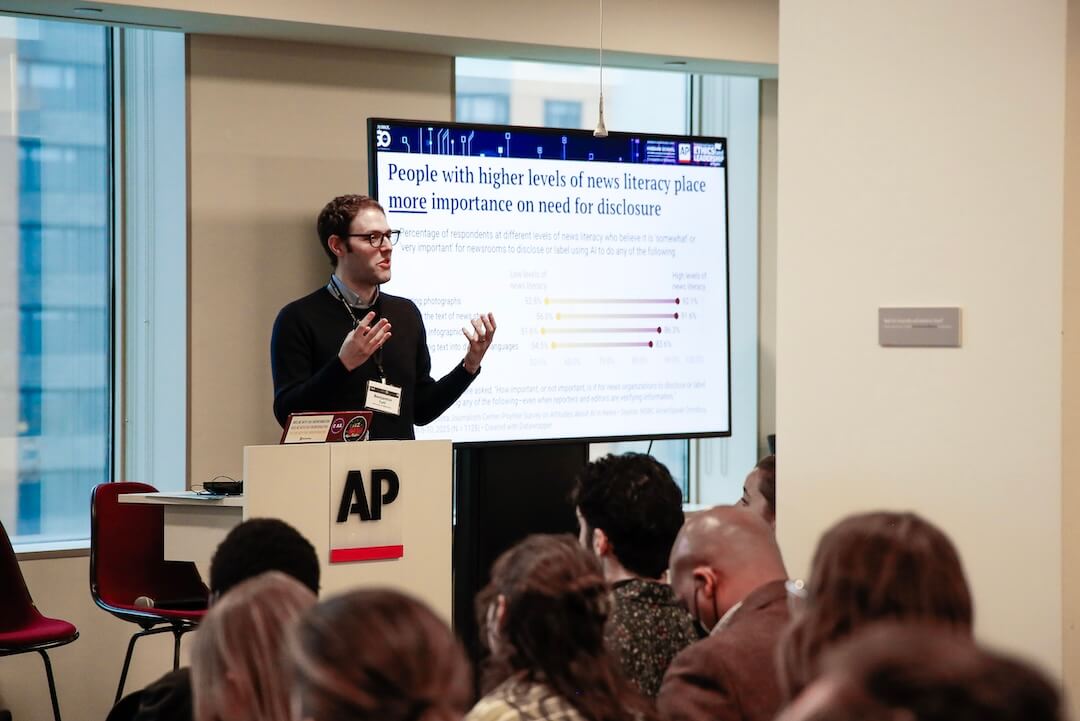A Seattle judge ruled Thursday five news outlets must turn over unreleased photos and videos from a late May protest to local law enforcement. The Seattle Police Department believes the raw footage would help solve an ongoing arson and theft investigation, but First Amendment lawyers believe the ruling is troubling.
This subpoena calls for journalists from The Seattle Times and four Seattle-based cable news outlets to turn over all raw, unreleased footage from a 90-minute window of a May 30 protest in downtown Seattle.
The Seattle Police Department wants the photos and footage to try to identify a man who set fire to police department vehicles and stole firearms from those vehicles.
While Seattle police want the footage to solve their investigation, it creates a problem for reporters whose job is not to help the entities they cover, as the National Press Photographers Association and Press Freedom Defense Fund said in a joint statement Friday afternoon.
“This ruling unnecessarily pits the free press against the public they report for, and forces them — against their will — to aid the government they are obligated to hold accountable through their reporting,” the statement said.
The law recognizes that certain categories of individuals do not have to comply with investigations like this, due to the sensitivities of their jobs. Journalists are generally included in that category of people, and usually through state shield laws and other legal precedents, don’t have to turn over unpublished notes or footage.
The Washington State Legislature passed a reporter’s shield statute in 2007. This ruling is the first time the state’s shield law has been interpreted criminally in court.
“As sort of a matter of first impression, this is a particularly disappointing result,” said Madeline Lamo, a media litigation fellow for the Reporters Committee for Freedom of the Press.
Lamo said the ruling essentially views reporters as an extension of the government and creates a “troubling precedent” that could make news media unwelcome at future protests.
“If you’re out there at a chaotic scene and people think of you as an information gatherer for police who is going to turn over footage … you may be in grave bodily danger,” said Frank LoMonte, the director for the Brechner Center for Freedom of Information at the University of Florida. “Police have protection, but journalists do not.”
Police said they already obtained surveillance footage from nearby stores to help in their investigation, but the quality of the footage was poor. While the department was able to identify one suspect in the case, it hasn’t been able to identify a man who stole firearms and set police vehicles on fire. The Seattle Times and cable news outlets had clearer video and photos, according to the affidavit.
Eric Stahl, the attorney representing the five news outlets, wrote in an objection the request by the police department “at best speculates” that the material would even be useful to the investigation. As such, the request was “insufficient as a matter of law,” he wrote.
“It seems far-fetched that journalists will have the decisive piece of evidence,” LoMonte said.
Usually subpoenas request material from a specific journalist or news outlet, Lamo said, but this request is directed at the five largest news outlets in the area.
Stahl referred to the request by police as a “fishing expedition” and “unduly burdensome.”
“I think it has a chilling effect on journalists to know that the State — and I say that meaning government — can get at a certain material that previously was protected,” said NPPA general counsel Mickey Osterreicher. “It’s possibly going to make news organizations change their policy on how long that material gets retained.”
Nicole Asbury is a senior at the University of Kansas studying journalism and women, gender and sexuality studies. She can be reached on Twitter @NicoleAsbury or through news@poynter.org.
Correction: The ruling came Thursday, July 23. This article originally stated that it occurred on Friday.






